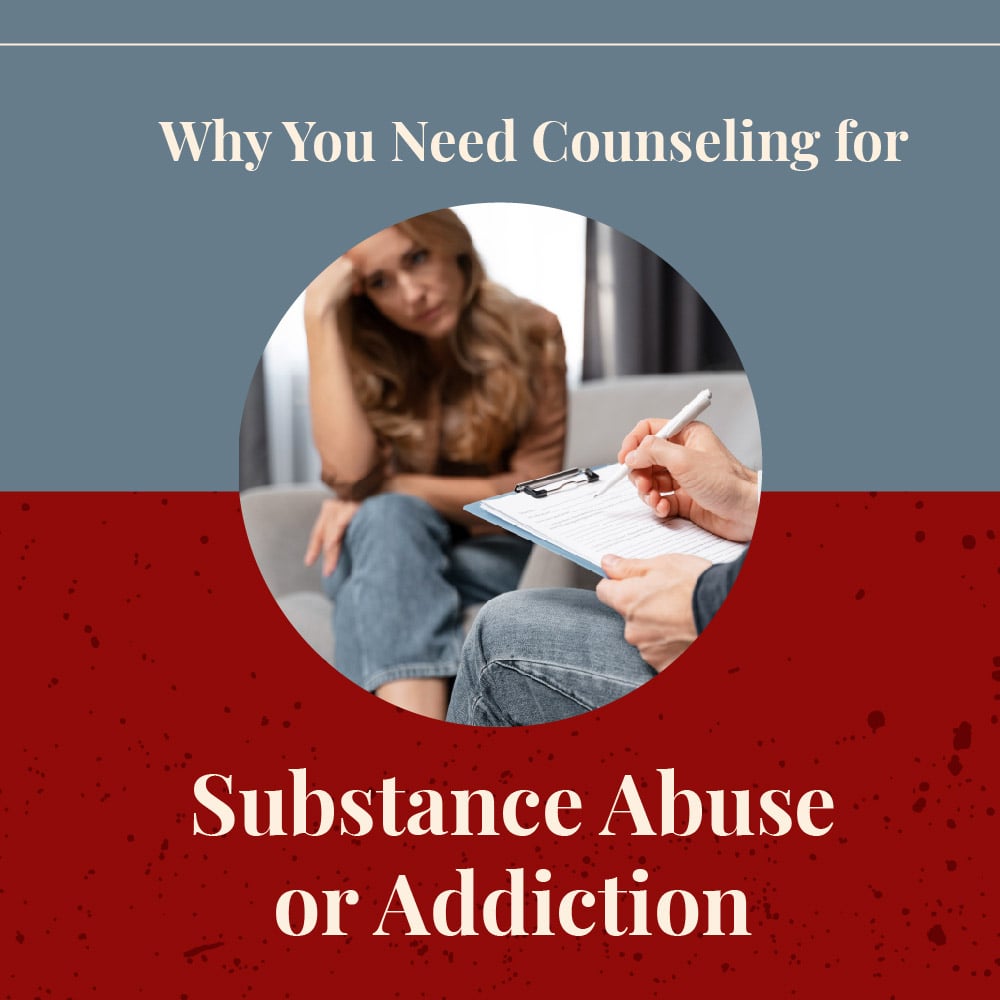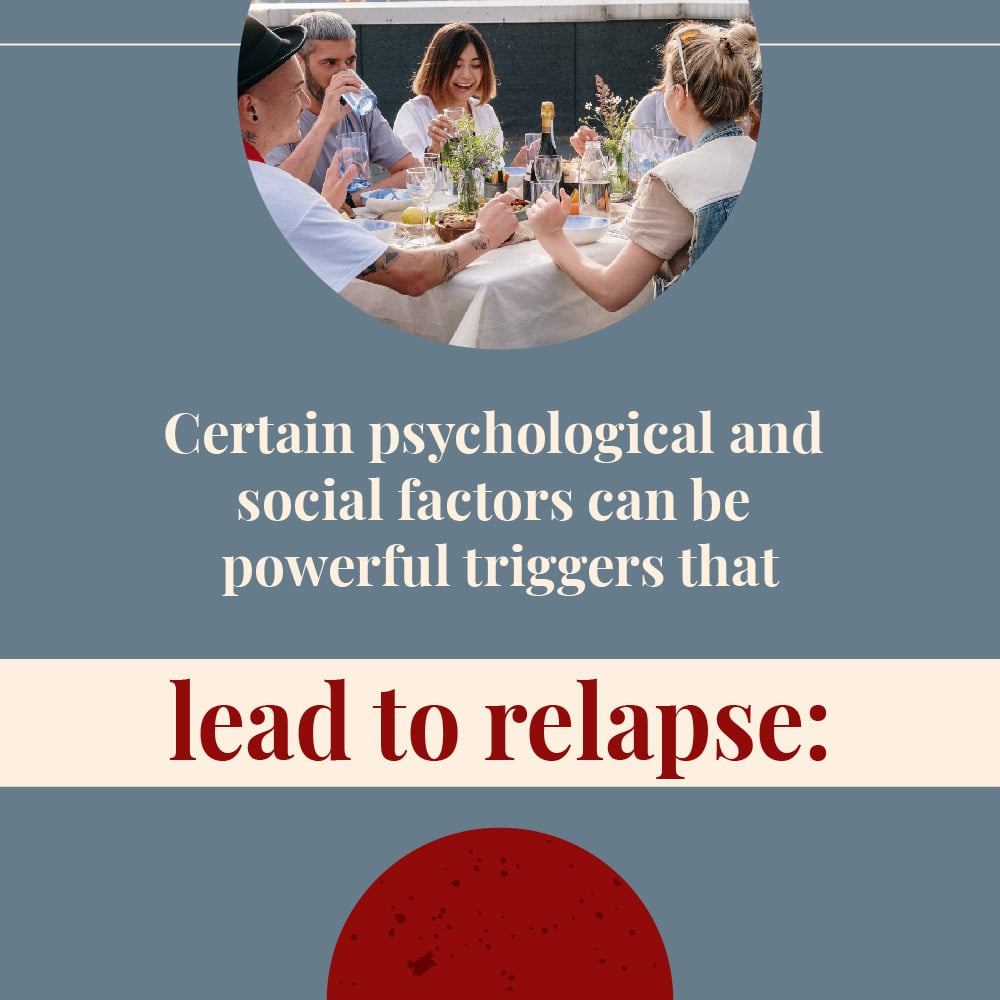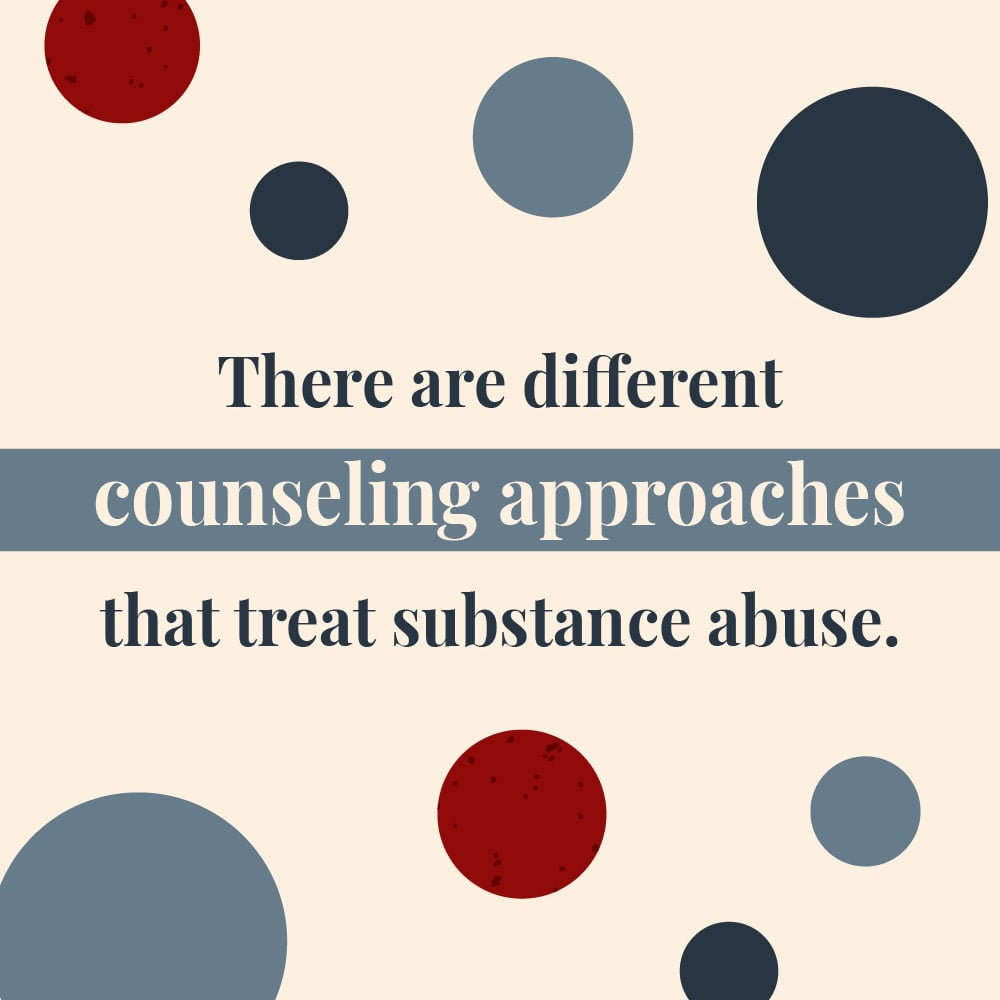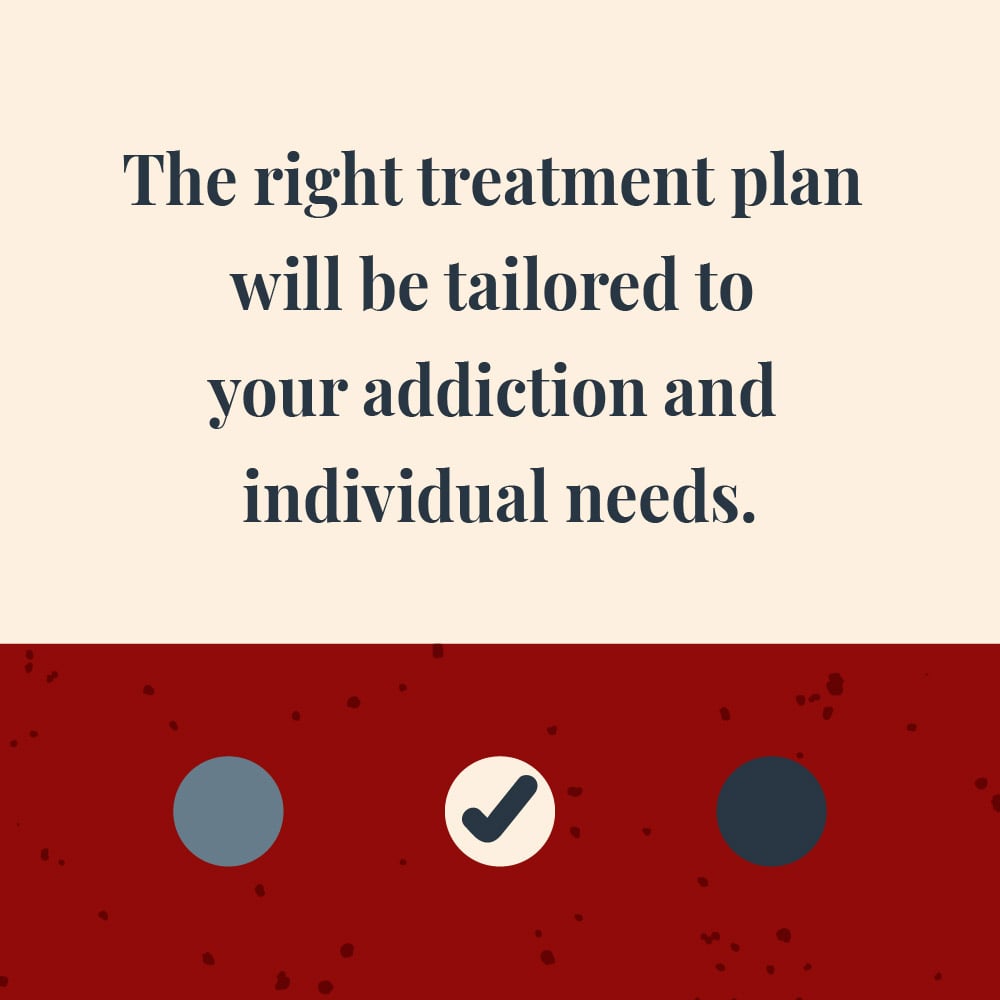Why We Recommend Treatment Programs for Substance Use Disorder
At NPS, we strongly encourage our clients with Substance Use Disorder (SUD) to attend an in-patient or out-patient treatment program before turning to counseling. This may seem counter-intuitive to some, as counseling is a proven and reliable resource for those suffering from addiction.
That fact remains true. However, our team has put a lot of time and consideration into ensuring our processes actually work for our clients. With that in mind, here’s why we believe achieving sobriety through a treatment program is the necessary first step. And, why counseling is an equally important follow-up.
Putting Safety and Stabilization First
Sobriety is the first and most important goal for those suffering from SUD. However, detoxing from certain substances–like alcohol, opioids, or benzodiazepines–can be dangerous without medical supervision. The side effects of detoxing are generally unpredictable, with dehydration and malnutrition being at the top of the list of possibilities.
It’s also possible for withdrawal symptoms to aggravate co-occurring conditions like high blood pressure, kidney disease, PTSD, or depression. Typically, counseling does not provide the ongoing 24/7 support needed during this critical time.
That said, detoxing is only the first step of the sobriety journey. Once you’ve completed a treatment program, counseling is the next step for achieving a life of wellness.
Establishing Structure and Routine
A lot of research has gone into determining how best to achieve and maintain sobriety. It’s clear that structure, stability, and routine serve an unparalleled role in this process. Without a healthy and established routine, it’s easy for sufferers of SUD to fall back into old habits and addictions. Establishing a new normal is not easy, but it’s a vital task for anyone looking to overcome this disorder.
Both in-patient and out-patient treatment programs are known to provide highly structured environments. There’s no better way to learn self-control than in a safe and protective space. Therapy alone is unable to provide sufferers of SUD with the same kind of intense, day-to-day support.
Specifically, these treatment programs can help you establish a healthy routine that consists of:
- Adequate sleep
- Regular exercise
- Nutritious meals
- Self-care
- Support meetings
An effective program will also help you incorporate your work schedule into your daily routine so that the transition back to everyday life is as smooth and seamless as possible.
Addressing Physical Health Concerns
Sufferers of SUD often experience co-occurring issues like sleep disorders, malnutrition, mental illness, and more. With that in mind, most reputable treatment programs have doctors, nurses, and mental health professionals on staff to ensure the safety and health of all participants.
These programs can also facilitate referrals to specialized care providers. This allows for the care of chronic conditions, like diabetes or heart disease. Counseling can address a wide range of mental health disorders. However, it can't provide the kind of multidimensional stability offered by treatment programs.
Building an Important Foundation
Addiction treatment programs don’t only address the here-and-now concerns of detoxing. They also prepare sufferers of SUD for long-term health and sobriety. Because these programs typically include early therapeutic components, like group therapy, cognitive behavioral therapy, and more, they help to build an important foundation that makes post-treatment counseling an easy and seamless process.
For those who are unfamiliar with the tools and language used in therapy, these treatment programs are an invaluable first step. They will also provide you with the tools needed to manage your cravings, emotions, and triggers. Ideally, you’ll feel prepared to maintain your sobriety and step right into counseling at the completion of your program.
In-patient Vs. Out-patient Programs
With all of that in mind, the next question is whether to choose an in-patient or out-patient treatment program. This is ultimately a decision that should be made with care and the help of your doctor and loved ones. We’ve simply outlined a few details to consider as you make your decision:
In-patient Programs:
- Provide relief from environmental temptations and triggers
- Require higher levels of accountability
- Offer around-the-clock medical and mental health care
- Necessitate time off from work or school
- Cost more
- May have limited local availabilities
Out-patient Programs:
- Allow you to continue attending work or school throughout treatment
- Offer flexibility for scheduling
- Can be completed online in some cases
- Cost less
- Cannot protect you from environmental stressors or triggers
- Provide less mental health and medical assistance
Whether you choose to attend an in-patient or out-patient program, it’s important to know that you are not alone in the journey. Turn to your friends and loved ones in your hour of need. And keep in mind there are a number of resources available to you, like The Substance Abuse and Mental Health Services Administration (SAMHSA).
How Counseling Fits Into Addiction Recovery
No matter how effective and life-changing your treatment program may be, it cannot eliminate the risk of relapse. The best way to maintain your sobriety and continue your journey to wellness is with the help of a qualified counselor.
Counseling can help to bridge the gap between your treatment program and real life. It will provide you with accountability, further establish your recovery skills, and offer ongoing treatment for other mental health challenges you may face.
When to Contact NPS for Your 15-minute Meet & Greet
At NPS, we work with many local substance abuse programs to ensure a seamless transition after the completion of the program. Detoxing is a huge accomplishment–and one to be proud of–but it is only the first step. Counseling in any format, be it group/family therapy or cognitive behavioral therapy, can help you maintain the sobriety you’ve worked so hard for.
If you’ve recently completed a treatment program and need support in staying clean, give us a call. We will schedule a free 15-minute meet & greet so you can get to know a member of our team and determine what kind of counseling works best for you at this time. Reach us at (815) 477-4727 to get the conversation started.
Are you ready to take the next step?
CONTACT US AND SCHEDULE YOUR FIRST APPOINTMENT TODAY.










